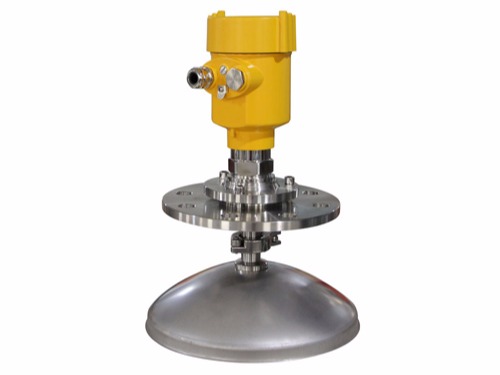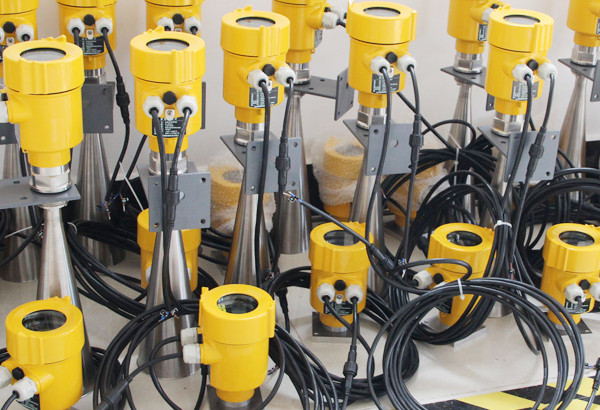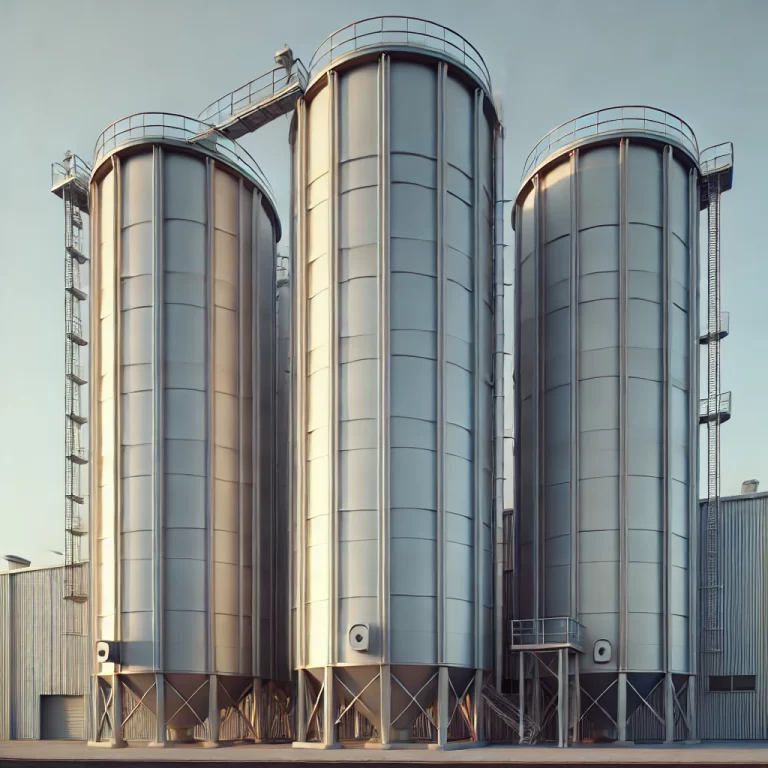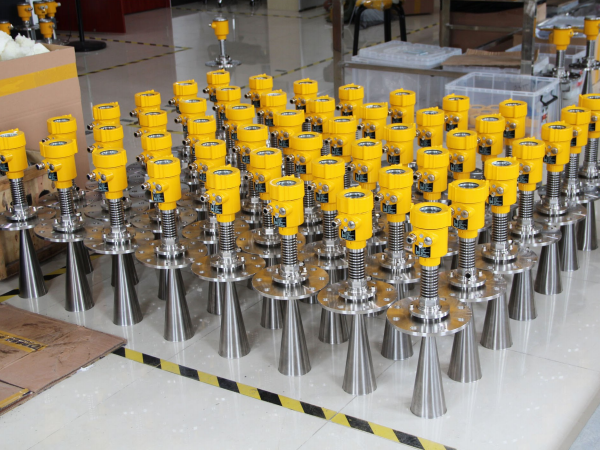The metallurgical industry heavily relies on coke as a critical raw material, making accurate storage and management essential for maintaining production efficiency and cost control. Coke silos play a crucial role as storage facilities, ensuring a stable supply for continuous operations. This article explores the unique characteristics of coke silos, the advantages of using radar level meters for measurement, and provides a detailed case study to illustrate their impact on enhancing material management accuracy and efficiency.

Characteristics of Coke Silos and Measurement Challenges
Coke silos are large, warehouse-like structures made of steel or concrete, designed to store significant quantities of coke. The precise monitoring of coke levels is vital for steel production, as consistent supply ensures smooth operation. However, the physical properties of coke, such as its abrasive nature and the dust it generates, present notable challenges for level measurement.
Traditional contact-based measurement methods often face difficulties in these conditions. Dust accumulation can obstruct sensors, leading to inaccurate readings and reduced reliability. Additionally, the high-temperature environment inside coke silos demands measurement instruments with robust heat resistance to function effectively.

Advantages of Radar Level Meters in Coke Silo Applications
Radar level meters have become a preferred solution for addressing these challenges due to several key advantages:
Non-Contact Measurement: Radar level meters utilize microwave signals that are transmitted and reflected back to measure the level of materials without physical contact. This prevents errors caused by material adhesion or sensor contamination.
High Precision: These devices offer excellent measurement accuracy, meeting the rigorous requirements of industrial production where precise inventory monitoring is crucial.
Strong Anti-Interference Capability: Radar technology is highly resistant to interference from dust, steam, and other environmental factors, allowing for stable performance in harsh conditions.
Ease of Installation and Maintenance: Radar level meters are straightforward to install and do not require extensive setup or calibration, thereby minimizing installation complexity and ongoing maintenance costs.
Versatile Application: They are adaptable to various silo shapes and materials, making them suitable for use in cylindrical, square, or custom-designed silos.

Case Study: Enhancing Measurement Accuracy in a Steel Plant
A prominent steel manufacturer faced persistent issues with inaccurate level measurements in their coke silos. The plant had been using ultrasonic level meters, which frequently provided fluctuating readings due to the heavy dust generated by coke and the complex internal environment of the silos. These inconsistencies disrupted production scheduling and made material management less efficient.
To resolve these issues, the company opted to replace the ultrasonic level meters with radar level meters. The installation process was simple and included initial adjustments to fine-tune the radar equipment to account for the dielectric properties of coke and its reflective characteristics. Once operational, the radar level meters demonstrated exceptional performance, delivering consistent and accurate real-time level data.
Even in a high-temperature, dust-laden environment, the radar level meters maintained stability and precision. The company reported improved inventory management and better predictive insights for production scheduling, which, in turn, enhanced overall operational efficiency and reduced downtime.

Conclusion
Coke silos are essential for maintaining the production flow in steel manufacturing, and accurate level measurement is vital for effective material management. Radar level meters, with their non-contact operation, high accuracy, and strong resistance to environmental challenges, have proven to be the ideal solution for such applications. The case study demonstrates how the adoption of radar technology not only improved measurement reliability but also supported better decision-making and cost control in the steel plant.
In conclusion, radar level meters stand out as a robust tool for coke level measurement, offering significant advantages over traditional methods. Their successful application in challenging conditions underscores their value in the metallurgical industry, making them a key asset for efficient and reliable material management.
